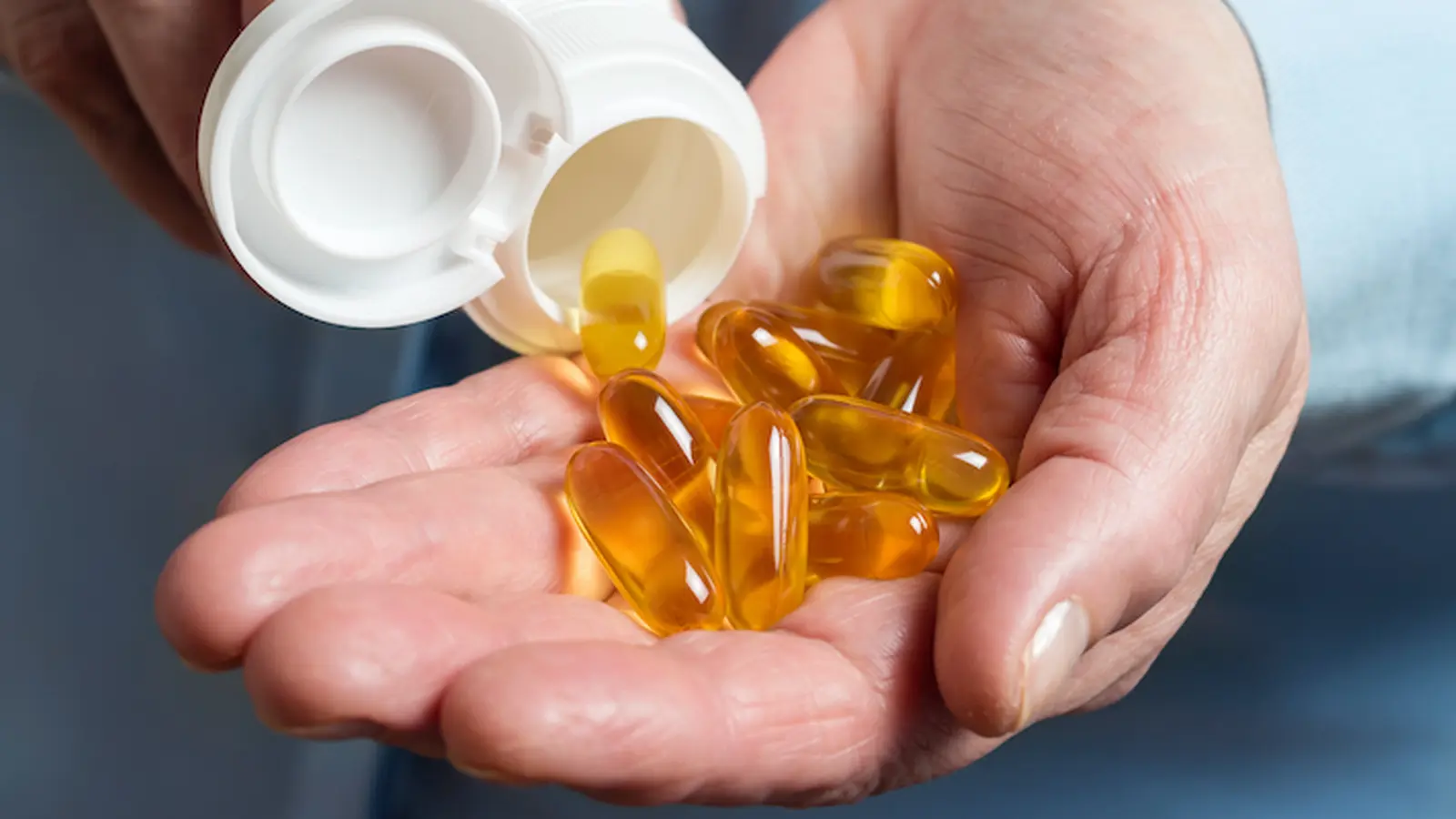5 Minutes
Regular physical activity combined with omega-3 fatty acids may do more than improve heart health—they could also help protect teeth from infection-driven bone loss. A recent animal study suggests the pairing reduces inflammation at the root of chronic tooth infections and preserves the bone that anchors teeth.
How exercise and omega-3s change oral inflammation
Researchers publishing in Scientific Reports examined whether moderate exercise plus omega-3 supplementation could influence chronic apical periodontitis, an infection and inflammatory reaction that develops at the tip of an infected tooth root. In untreated cases, bacteria travel down the root canal to the apex, provoking a local immune response that can slowly erode the alveolar bone supporting the tooth.
Study design and methods
- Model: 30 rats with experimentally induced apical periodontitis.
- Groups: no intervention (control); a 30-day swimming routine; and a combined-swimming plus omega-3 supplementation group.
- Measurements: immune markers (cytokines IL-17 and TNF-α), counts of osteoclasts (bone-resorbing cells), and micro-CT scans to quantify alveolar bone loss.
Lead author Ana Paula Fernandes Ribeiro, who conducted the work during her doctorate at FOA-UNESP, reported that exercise alone improved systemic immune regulation and reduced local inflammation. But the most pronounced benefits—marked reductions in inflammatory cytokines and fewer osteoclasts—appeared when exercise was paired with omega-3s.

Key findings: less inflammation, less bone loss
Compared with untreated animals, both intervention groups showed measurable improvement. The combined-treatment group had the lowest levels of IL-17 and tumor necrosis factor alpha (TNF-α), two cytokines strongly associated with chronic inflammation. Micro-CT imaging and histological analysis confirmed that animals that swam lost less alveolar bone than controls, and those that also received omega-3 supplements retained the most bone.
What the data imply biologically
Fewer osteoclasts in treated animals indicate reduced bone resorption activity. At the same time, the interventions appeared to modulate fibroblast activity—cells involved in tissue repair—helping to stabilize the local environment around infected roots. In short: exercise primes immune function, and omega-3 fatty acids amplify anti-inflammatory signaling to protect bone.
Why this matters beyond the mouth
Apical periodontitis is not just a dental problem. Persistent oral inflammation has links to systemic conditions such as diabetes, metabolic syndrome, atherosclerosis, and kidney disease. Researchers warn that chronic oral infections can form a vicious cycle with systemic illness: weakened immunity can make dental infections worse, and unresolved dental inflammation can aggravate general health.
Rogério de Castilho, professor at the Araçatuba School of Dentistry (FOA-UNESP) and study supervisor, noted that apical periodontitis is often painless and undetected until bone loss or tooth mobility occurs. "In some cases, a drop in immunity can trigger acute flare-ups with pain, pus, and facial swelling," he said, underscoring the silent progression of the disease.
Practical takeaways and limitations
The study strengthens a growing body of evidence that lifestyle factors—regular exercise and dietary fatty acids—impact immune function in ways that reach the oral cavity. While omega-3s are known for reducing inflammation in chronic diseases, and exercise for enhancing immune regulation, this is among the first animal studies to show a combined effect on endodontic pathology specifically.
However, these results come from an animal model. As the authors acknowledge, demonstrating the same protective effect in humans will require controlled clinical trials with adequate sample sizes. Until then, recommending regular physical activity and a diet that includes omega-3-rich foods (like fatty fish or supplements) remains reasonable given their broad health benefits.
Expert Insight
"The findings are compelling because they connect systemic habits to local oral outcomes," says Dr. Emily Carter, a dental immunologist not involved in the study. "Exercise seems to recalibrate immune signaling, and omega-3s tip the balance away from destructive inflammation. For patients with chronic root infections, these interventions could become useful adjuncts to standard dental treatment—pending clinical confirmation."
Researchers call for human trials to test dosage, exercise intensity, and the timing of supplementation relative to dental care. If confirmed, the approach could offer a low-cost, low-risk strategy to reduce inflammation-driven bone loss around infected teeth and potentially lower the burden of related systemic diseases.
For now, the study adds to a persuasive message: routine exercise and an anti-inflammatory diet are not only good for your cardiovascular system and metabolism—they may also help keep your smile anchored for years to come.
Source: sciencedaily
Comments
skyspin
Wait, exercise + omega3s stop bone loss around infected roots? Sounds neat, but how much omega3, how intense the exercise, and any human proof??
labflux
wow, didnt expect teeth to benefit from workouts + fish oil... if thats real this is wild. promising but need human trials, asap


Leave a Comment